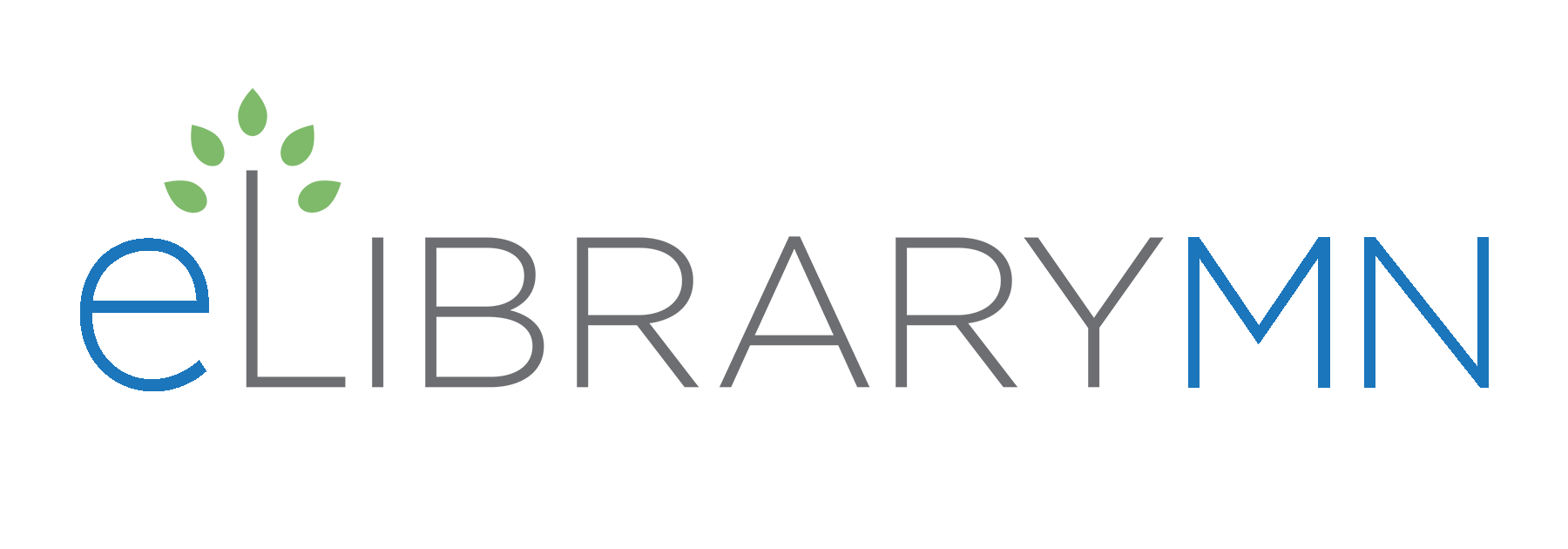by Matt Lee
Quick Summary
The divisive climate in American politics has spawned and/or drawn attention to a new trend in online information: fake news. A number of websites have been identified – from many points on the political spectrum – that claim to mix the truth with satire.

The divisive climate in American politics has spawned and/or drawn attention to a new trend in online information: fake news. A number of websites have been identified – from many points on the political spectrum – that claim to mix the truth with satire. (Although that claim is flimsy at best if satire truly involves being clever or humorous, and shameful and poisonous at worst.)
The issue has been drawn into the light from many corners.
- Minnesota librarians Kate Peterson (University of Minnesota – Twin Cities) and Barbara Theirl (Farmington Schools) contributed comments to the Pioneer Press article “Fake news is on the rise. Can you tell the difference?”
- The President of the Center for Research Libraries called out “forces that conspire to undermine the integrity of the public record,” and reaffirmed CRL’s commitment to preserving the historical record of the “real news” industry in the blog post “Fake News.”
- Both Google and Facebook instituted new policies to attempt to block fake news sites from using their advertising platforms (“Facebook and Google Won’t Let Fake News Sites Use Their Ad Networks”).
- President Obama stated that fake news has directly contributed to a sharply polarized electorate and a situation that makes it very difficult to have a common conversation (“Obama Reckons with a Trump Presidency”).
(h/t to MetroBriefs for some of these links. Thanks!)
Librarians have a key role to play in teaching information literacy and in supporting an informed population. So what do we do in the face of fake news? A great many potential things.
- Continue to teach distinctions in information creation and dissemination, including by using library databases like those in ELM. Not because they are not partisan, but because they come from professionally published sources that uphold journalistic standards and academic principles.
- Support traditional news sources through individual subscriptions and library purchases/licenses.
- Support fact-checking sites or services, or develop new tools to prioritize credible sources (e.g. a discussion on the ILI list called “LibRate – a Yelp-like site for rating news sources – by librarians” that has nearly 100 responses so far).
- Add design elements to online news to mitigate the spread of fake news (e.g. this giant, growing Google doc of “Design solutions for fake news”).
- And many more.
What are you planning in response to the fake news epidemic? Share below if you’re so inclined and continue to talk to your colleagues about how we as a profession can fight the cynical, poisonous spread of deliberately false information.

